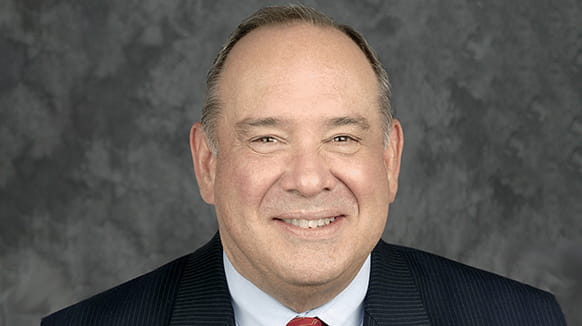The current Presidential Administration has not exempted work visas from its immigration initiatives and focus. On April 18, 2017, President Trump signed an Executive Order designed to protect American jobs (“Hire American”) and products and goods manufactured in the United States (“Buy American”). The Departments of Homeland Security, Labor, and Justice have received instructions to survey employment-based foreign worker programs to ensure system integrity; rigorously enforce and administer the laws governing entry into the United States of workers from abroad; and to otherwise protect the economic interests of U.S. workers.
The H-1B program has received special attention. Clients should recall that H-1Bs are professional work visas for degreed persons employed in specialty occupations. Specifically, the April 18, 2017, Executive Order directs the inter-agency group to “suggest reforms to help ensure that H-1Bs are awarded to the most-skilled or highest-paid petition beneficiaries.” President Trump commented at the signing ceremony that H-1B visas “should never be used to replace American workers.” Although the current statutory schemes remain unaffected, the inter-agency group is nonetheless directed to propose new rules and issue new guidance, as soon as practicable, to “supersede and revise previous rules and guidance.”
Combined with the Executive Order’s directives, other recent agency announcements and policy memoranda have also addressed the H-1B program. Collectively, they will restrict the program’s parameters and will increasingly place employers under possible investigative scrutiny. Mandates and changes include:
- Increased wage or skill levels as H-1B program requirements. The Executive Order of April 18, 2017, suggests elimination of the current lottery system by having the inter-agency group consider new and enhanced H-1B wage or skill requirements. (Currently 85,000 H-1B slots are available every fiscal year. Because the number of applicants substantially exceeds availability, a lottery has been conducted yearly to determine recipients or “winners.”)
- Computer programming positions no longer given deference for H-1B eligibility—unless an employer can demonstrate the position is a specialty occupation. Employers are required to meet their burden of proving the computer-related job demands attainment of a bachelor’s degree (or higher) and meets other H-1B requirements. The U.S. Citizenship and Immigration Service will also consider wage level and complexity of duties in assessing whether a position is a specialty occupation. (See March 31, 2017 USCIS Policy Memo)
- DOJ Enhanced Investigations.The Department of Justice publicly confirmed that employers may not discriminate against U.S. workers in their hiring preferences. “Employers violate the INA if they have a discriminatory hiring preference that favors H-1B visa holders over U.S. workers.” The DOJ also stated it is “wholeheartedly committed to investigating and vigorously prosecuting these claims.” (See April 3, 2017 DOJ Press Release)
- DOL Enhanced Investigations. The Department of Labor also announced efforts to curb discrimination against U.S. workers in the H-1B program. It emphasized a commitment to “rigorously use all of its existing authority to initiate investigations of H-1B program violators” and to “consider changes to the Labor Condition Application for future application cycles.” (See April 4, 2017 DOL Press Release)
Employers are cautioned to consider their use of work visas generally, and H-1Bs specifically, and plan accordingly. Moreover, companies should re-visit their H-1B files and records, ensuring retention and program requirements have been satisfied. As federal agencies promulgate concrete rules or guidelines, we will update our clients with additional alerts and guidance.
For more information please contact one of the individuals listed below.
The author wishes to thank Eduardo Aguirre, a Senior Advisor in Haynes Boone’s Houston office, Former Director of the U.S. Citizenship and Immigration Services (USCIS) and Former Ambassador to Spain, for his insights related to this article.
